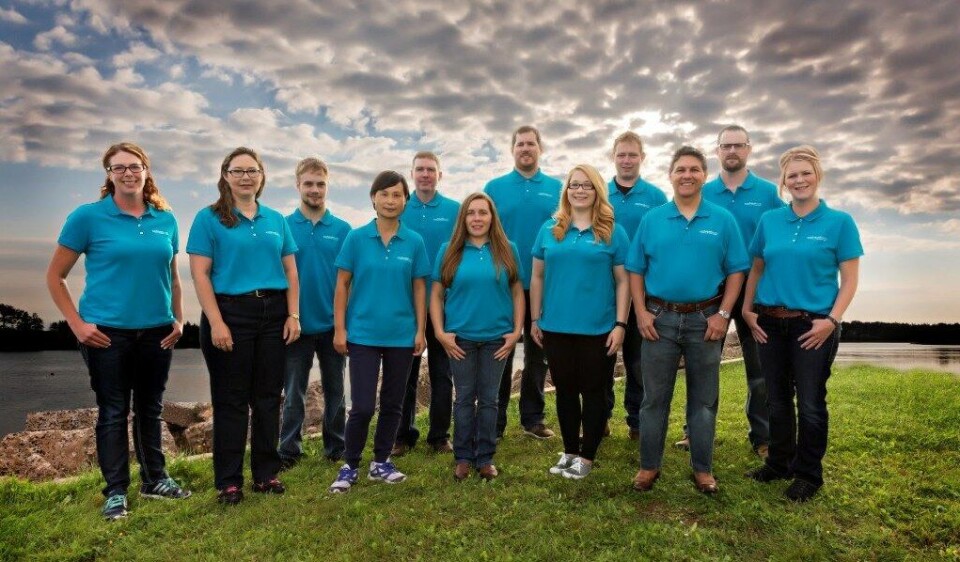
AquaBounty go-ahead for second North America farm
Transgenic salmon farmer AquaBounty has been given the green light for the commercial production of its AquAdvantage salmon at its Rollo Bay facility on Prince Edward Island, Atlantic Canada.
The approval by Environment and Climate Change Canada (ECCC) follows a similar decision by the US Food and Drug Administration (FDA) last month to allow AquaBounty to start growing transgenic fish at an on-land farm near Albany, Indiana.
In a press release, AquaBounty said the ECCC approval for production was based on the physical, biological, and operational measures in place or planned at Rollo Bay.
AquaBounty said it will begin stocking at Rollo Bay as soon as possible, with the first harvest of AquAdvantage salmon – which are quicker growing than conventional Atlantic salmon - estimated for Q4 2020. This is similar to the timing of the first harvest in Indiana.

Ramp up production
Chief executive Sylvia Wulf said: “We are pleased that Environment and Climate Change Canada has determined that AquAdvantage salmon is safe to produce in our Rollo Bay production facility.
“We take biosecurity and sustainability seriously, and our state-of-the-art recirculating aquaculture system (RAS) design includes multiple and redundant physical barriers to escape.
“With this final regulatory approval now obtained, we anticipate hiring more people from the community on Prince Edward Island to ramp up commercial production of our salmon, joining our current staff of 25. I appreciate their dedication and perseverance in enabling the company to reach this significant milestone.”
AquaBounty said the ECCC announcement was the fifth regulatory determination of environmental safety after the FDA ruling and similar findings in Argentina, Brazil, and China. The latter three countries reviewed the potential environmental impacts before approving trials.
The company has not yet said what volumes it intends to produce in Canada and the US. It currently grows AquAdvantage salmon in Panama and last year sold five tonnes of the fish as fillets in Canada.























































